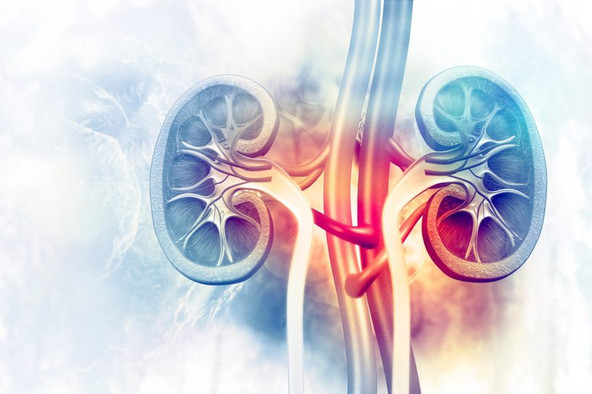Posted by Beyond Health on Nov 3rd 2025
A Diet for Healthy Bones
If you plan to live to a ripe old age, you’ll want your bones to be good for the long haul. Unfortunately, according to the National Osteoporosis Foundation, about half our population over the age of fifty is “cruisin’ for a bruisin’”—a bone fracture due to either osteoporosis, a disease in which bones become thin, weak and prone to fracture, or “low bone density,” a condition in which bones have become thin, weak and prone to fracture to a somewhat lesser degree. There are some risk factors for osteoporosis that you can’t do anything about—age, gender (a woman’s risk of developing osteoporosis is four times greater than a man’s), genetics, being thin and small boned, and either Asian or blond and fair-skinned—but you can still maintain healthy bones for a life with the right care. Last week we talked about bone health supplementation and getting the “complete team” of nutrients needed with Beyond…
read more Fuel your life with the purest vitamins
Fuel your life with the purest vitamins


